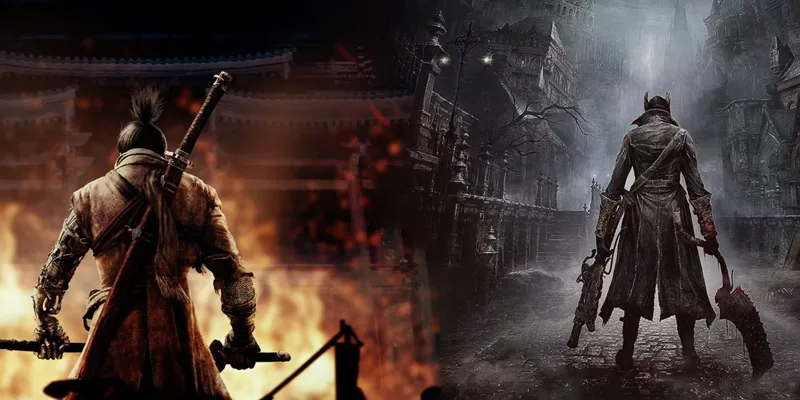While the long-term fate of Elden Ring remains uncertain, its immediate prospects seem promising. The renowned RPG by FromSoftware recently unveiled the release date for its Shadow of the Erdtree DLC and secured complete control of the Elden Ring IP previously held by Bandai Namco. This strategic move by FromSoftware, known for its unconventional approach, underscores the significance of Elden Ring as a flagship franchise in their portfolio.
However, the possibility of future Elden Ring content is not guaranteed. FromSoftware's CEO, Hidetaka Miyazaki, who helmed the creation of Elden Ring, has expressed a preference for exploring fresh creative avenues rather than revisiting established series. This ethos is reflected in FromSoftware's diverse projects over the years, with only Dark Souls maintaining a consistent sequel pattern. The recent acquisition of Elden Ring could be a strategic move to ensure the franchise's autonomy and creative integrity.
Challenges of Revisiting Universes with External Collaborators
Despite fan clamor for sequels, FromSoftware often faces constraints when collaborating with external partners. The company, although expanding its workforce to handle multiple projects concurrently, has historically engaged with various publishers for global distribution and financing. Joint ownership agreements with publishers have influenced the fate of franchises like Dark Souls, with Bandai Namco's involvement possibly shaping its trajectory. The acquisition of Elden Ring may signal a shift towards more independent development for the fantasy series.
Lessons from Bloodborne and Sekiro's Ownership Structures
Insights from FromSoftware's prior IPs shed light on the challenges of collaborative ventures. Bloodborne and Sekiro: Shadows Die Twice, both successful IPs, face uncertainties due to their respective publishers' dominance. Sony's control over Bloodborne and Activision's role in Sekiro exemplify the complexities of IP ownership and future content development. These scenarios caution against overreliance on external entities for the continuation of beloved franchises.
Expanding Elden Ring's Horizons
FromSoftware's ownership of Elden Ring not only alleviates external pressures for immediate sequels but also unlocks new opportunities for creative exploration within the franchise. Teasers of potential multimedia projects related to Elden Ring hint at a broader artistic vision, potentially diversifying the series' storytelling avenues. While the future of Elden Ring remains uncertain, fans can anticipate innovative directions beyond the upcoming Shadow of the Erdtree release.
Reflecting on FromSoftware's past series, Elden Ring has the potential to evolve without conforming to traditional sequel norms. FromSoftware's renowned ability to craft standalone narratives, as seen in titles like King's Field and Armored Core, suggests that future Elden Ring installments could maintain thematic connections while exploring fresh narratives. With full creative control, FromSoftware has the autonomy to shape the future of the Elden Ring universe without external dependencies.

